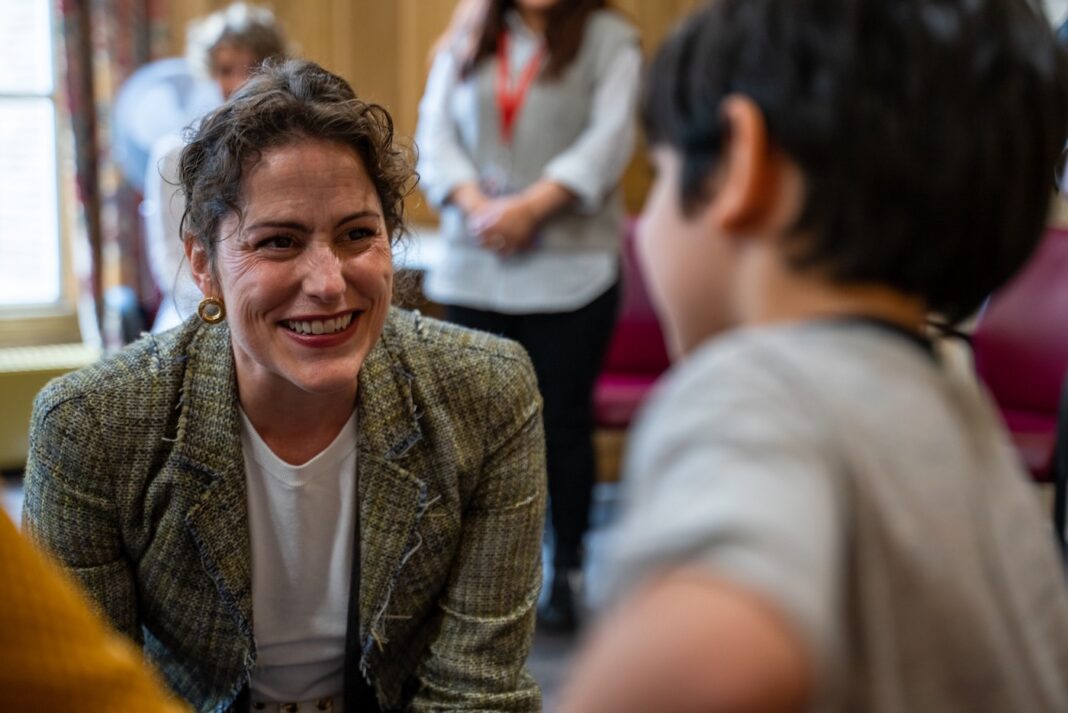LONDON: Twenty boroughs in London have promised to rehouse hundreds of Afghan refugees who fled the Taliban but a British minister has said that more local authorities need to come forward.
More than 300 councils across the UK have signed up to take in Afghan refugees, many of whom had worked with British or American forces which left them and their families at risk of being targeted.
“Britain can hold our head up high with our response to this crisis,” UK Minister for Afghan Resettlement Victoria Atkins told British newspaper The Evening Standard.
“More than 300 local authorities have offered to take people in. That is great. But it’s not enough. We still need more,” Atkins said.
Around 30 percent of all Afghans evacuated to the UK have been placed in London hotels but finding a permanent abode is proving difficult for them.
London councils say 14 bridging hotels have been reserved in eight boroughs, for use as accommodation pending long-term housing arrangements, the newspaper reported.
Boroughs have committed to offering long-term accommodation and support for around 200 Afghan arrival families so far.
Around 15,000 people were evacuated from Afghanistan by British forces when the Taliban began seizing control of the country.
However, many were unable to leave before the deadline for evacuations on Aug. 31.
“My heart breaks for those still there and those here with family members still there,” Atkins said. “The security situation is very fast moving and difficult but we are doing what we can.”.
The British government set up Operation Warm Welcome for those who risked their lives working closely with the British military and government in Afghanistan to help them get access to health, education, employment support and accommodation.
Councils who support people through the Afghan Citizens Resettlement Scheme or Afghan Relocations and Assistance Policy scheme receive GBP20,520 ($28,000) per person over a period of three years.
Those that resettle families will receive up to GBP4,500 per child for education, GBP850 to cover English language provision for adults and GBP2,600 to cover healthcare, the Home Office said.




